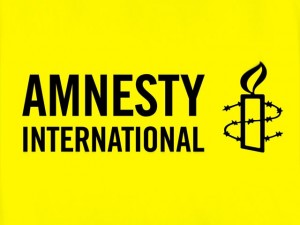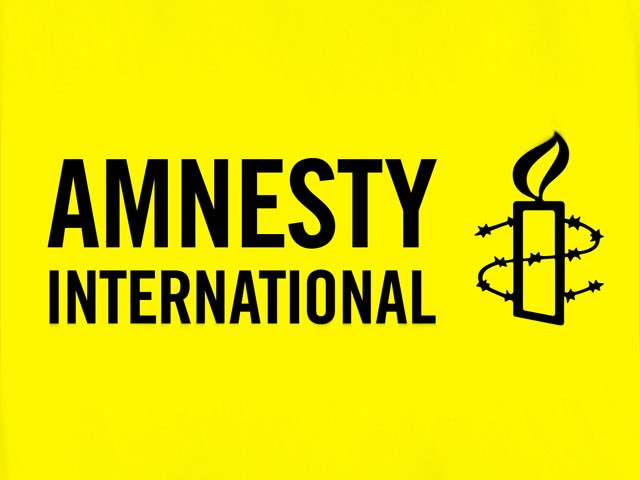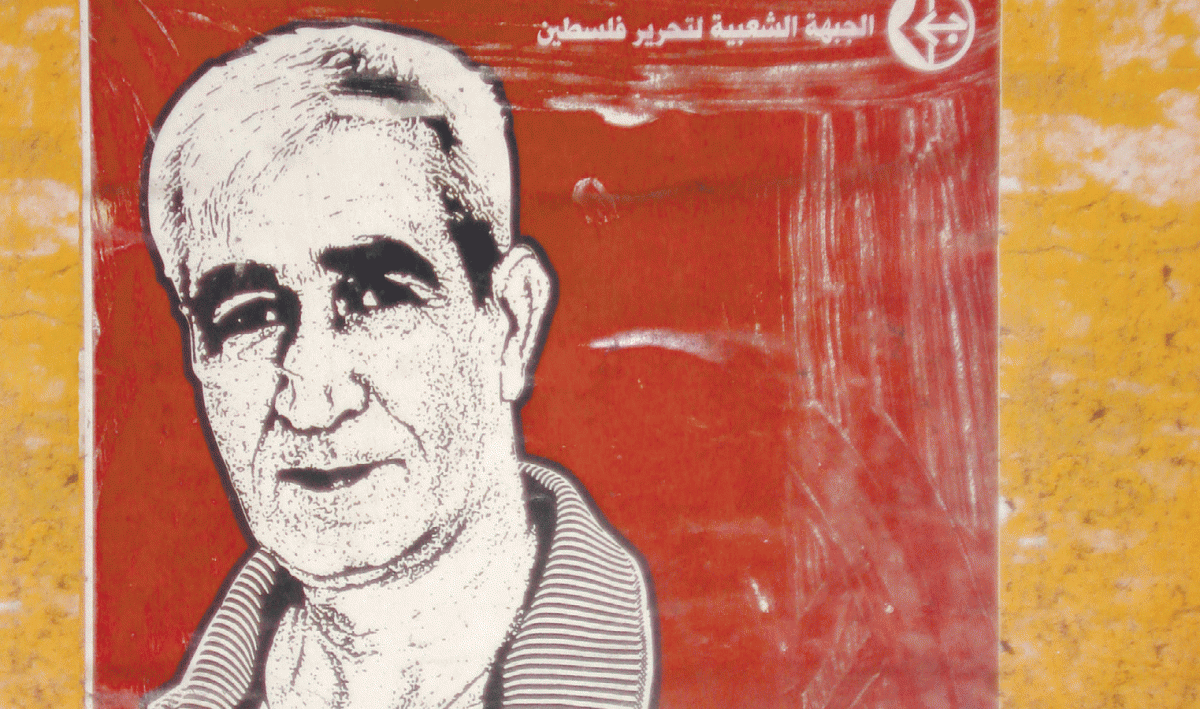 AMNESTY INTERNATIONAL
AMNESTY INTERNATIONAL
Public Statement
AI Index: MDE 15/022/2006 (Public)
News Service No: 066
16 March 2006
Israel/Occupied Territories: Amnesty International concerned about Jericho Prison events and their aftermath
Amnesty International is calling on the Israeli authorities to ensure that all the Palestinians detained after Israel’s attack on Jericho prison on 14 March are allowed immediate access to lawyers and their families, and medical treatment if they need it, and are protected against possible torture or ill-treatment. Those held should be afforded due legal process – notably, anyone who is not charged with a recognizably criminal offence and promptly brought to trial should be released, and those who are charged should be brought promptly to trial in proceedings which comply fully with international standards for fair trial.
According to the Israeli army, some 200 Palestinians were detained when Israeli forces attacked the Palestinian Authority-run (PA) prison in the West Bank town of Jericho following the withdrawal of US and UK guards, though there has been no independent verification of the number of those detained. The army said it would keep in custody those whom it classified as “wanted” and free the rest.
Those now being held by the Israeli army include the six men who, Israeli official sources said, were the key target of their attack on the prison. These are Ahmad Saadat, the leader of the Popular Front for the Liberation of Palestine (PFLP), and four PFLP members (Majid al-Rimawi, Hamdi Qar’an, Ahed Abu Ghalmiyeh and Basel al-Asma), as well as senior Fatah official, Fuad Shubaki. All six had been arbitrarily detained by the PA since 2002 under the supervision of US and UK guards.
Ahmad Saadat and his four co-detainees were arrested by the PA at Israel’s request in early 2002, following the murder of former Israeli Minister of Tourism Rehevam Ze’evi in October 2001. The PFLP claimed responsibility for the murder and said it was committed in reprisal for the assassination by Israeli forces of PFLP leader Abu Ali Mustafa in August 2001. Fuad Shubaki, who was arrested by the PA in early 2002, was accused of involvement in the well known “Karine A” case of arms smuggling into the Gaza Strip in January 2002.
Neither Ahmad Saadat nor Fuad Shubaki were ever charged with any offence by the PA or brought to trial. In 2003 the Palestinian Supreme Court ordered their release, but the PA ignored the order and continued to detain them without charge or trial. The four PFLP members were tried before an ad-hoc military court hastily convened by the late PA President Yasser Arafat in April 2002 inside the PA presidential compound, which at the time was under Israeli army siege. They were convicted of involvement in Rehavam Ze’evi’s murder and were sentenced to between one and 18 years’ imprisonment.
The trial of the four violated the most fundamental provisions of internationally recognized fair-trial standards and was carried out as part of a political arrangement to end to the Israeli army siege on the late President Arafat’s compound. An agreement was reached between the PA, Israel and the UK and US according to which the six would be detained in the PA prison in Jericho under the supervision of US and UK guards.
After the announcement of the agreement, Amnesty International delegates visited the detainees at Jericho prison in late April 2002 and the organization repeatedly expressed concern to the PA about their arbitrary detention, calling for Ahmad Saadat and Fuad Shubaki to be tried promptly and fairly or released, and for the other four PFLP prisoners to be re-tried in full compliance with international standards for fair trial. PA officials told Amnesty International in response to its appeals that they were obliged to keep the six in custody because Israel had vowed to assassinate them if they were released.
Amnesty International also raised its concerns with the UK and US governments about their role in supervising detainees held outside any legal framework and in violation of the provisions of international human rights treaties which the UK and US have ratified and have a duty to uphold – notably Articles 9 and 14 of the International Covenant on Civil and Political Rights (ICCPR), which guarantee the rights to liberty and fair trial and the corresponding prohibition of arbitrary detention.
Having contributed to perpetuating these violations for the past four years, the UK and the US withdrew their guards from Jericho prison in the morning of 14 March, minutes before the Israeli army attack. Amnesty International is now urging the UK and US governments to ensure that Israeli authorities respect the rights of all those seized from Jericho prison by the Israeli army, that those charged with a recognizably criminal offence are promptly brought to trial in proceedings which comply fully with international standards for fair trial, and that all others are released without further delay.








